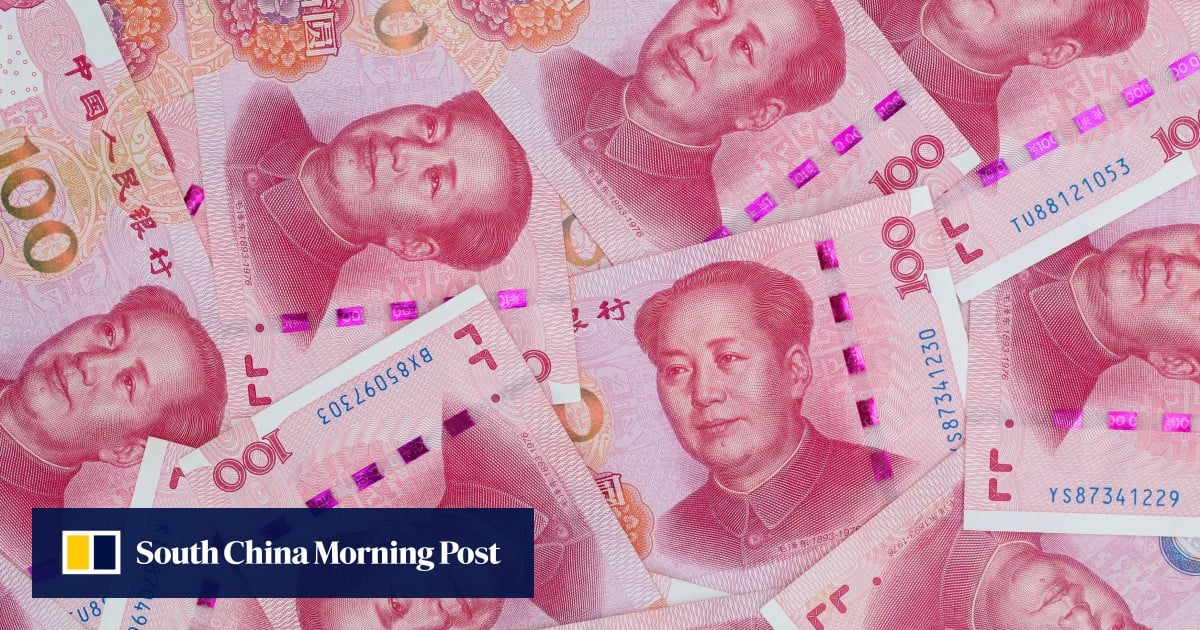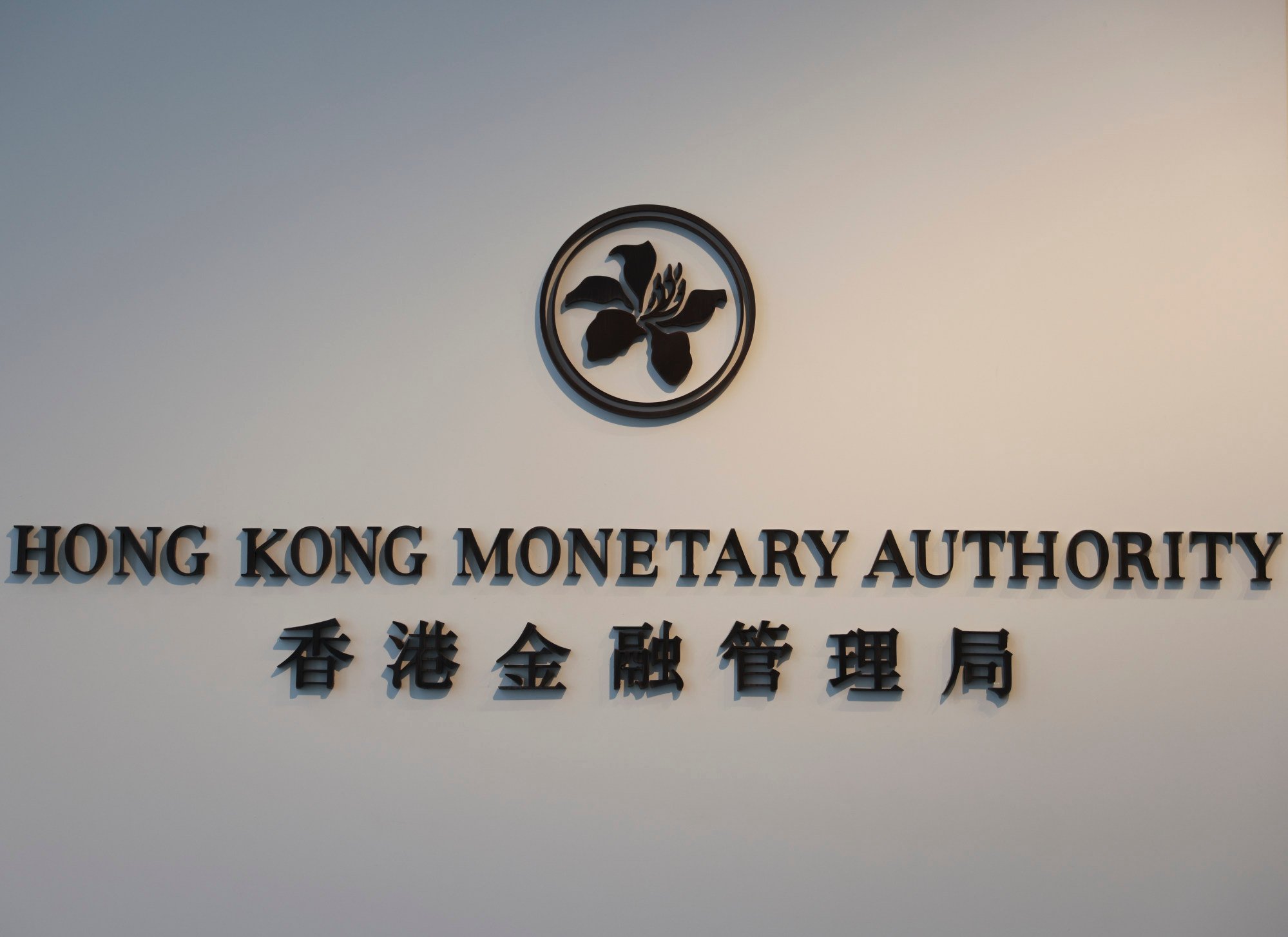
25 Feb China to widen access to US$232 trillion repo market in transformative, signalling impact on interest rates, analysts say
“Opening up onshore repo will be viewed as the last mile in a country’s capital account liberalisation,” said Ju Wang, head of Greater China foreign-exchange and rates strategy at BNP Paribas. “Essentially, you are opening up your money market and currency’s funding to foreigners. That usually requires a lot less control of the currency, and a much more liberal exchange-rate regime.”
A repurchase agreement, or repo, is a contract for the sale of a security with a buy-back agreement at a specified price in future. The seller obtains funds at lower rates than elsewhere, while the buyer gains an attractive yield from the collateral, typically in the form of short-term, secured and liquid instruments.
A liquid repo market is a key element of a liquid bond market and is seen as indispensable for market participants, especially commercial banks, that rely on wholesale funding.

“Initial feedback from the market has generally been positive,” said Kenneth Hui, an executive director at the Hong Kong Monetary Authority. “For the first time, it will allow more foreign investors, including Bond Connect participants, to conduct onshore repo transactions to obtain liquidity at lower costs.”
The gradual opening up of the onshore repo market will address offshore market players’ growing need for funding and liquidity management as they increase their allocation to the onshore bond market, Hui said in a written reply to the Post.
Hong Kong’s banks post bumper 2023 profits as rates swell margins
Hong Kong’s banks post bumper 2023 profits as rates swell margins
As a precursor to Beijing’s repo move, the HKMA will tweak its RMB Liquidity Facility by adding Chinese government bonds and policy bank bonds to the list of eligible collateral, with effect from February 26. It would be the first time these yuan-denominated notes have been accepted in an offshore market for such purposes.
The inclusion of these bonds “is the first step of our joint efforts with PBOC and relevant mainland authorities, to promote onshore bonds as widely accepted collateral in the international markets,” said Hui. It will further strengthen Hong Kong’s unique role in connecting the mainland and offshore markets, he added.
Foreign investors held 4.1 trillion worth of onshore bonds at the end of 2021, or only 3.1 per cent of the outstanding yuan-denominated bonds, according to Hong Kong stock exchange data.
The deepening Beijing-Hong Kong financial connection via the repo market suggests China would be able to signal its domestic interest-rate policy to investors in Hong Kong and elsewhere with greater impact.
Hong Kong, mainland China agree to enhance wealth and bond connect schemes
Hong Kong, mainland China agree to enhance wealth and bond connect schemes
Due to the central bank’s tight grip on monetary conditions and rates at home, there is a loose relationship between the demand and supply of liquidity on the one hand and policy or benchmark interest rates on the other.
“Previously, the two markets were driven by different factors,” said Lillian Tao, head of China macro and global emerging-market sales at Deutsche Bank. With greater access to the repo market, “they will share more common driving factors, where repo onshore liquidity will become a very big part of it.”
If offshore investors become highly dependent on the local repo market, then China’s monetary policy will reach offshore markets more effectively, she added. When the central bank cuts interest rates or reserve-requirement ratios for example, “those liquidity signals will be received by the offshore market stronger than before.”
Broadening offshore investor access to the onshore repo market is transformative because it unlocks a range of financing and liquidity management solutions for offshore investors, lawyers including Andrew Fei at King & Wood Mallesons said in a report last month.
“We expect relevant financial market infrastructure organisations and self-regulatory organisations to formulate detailed implementing rules in due course,” they added.
